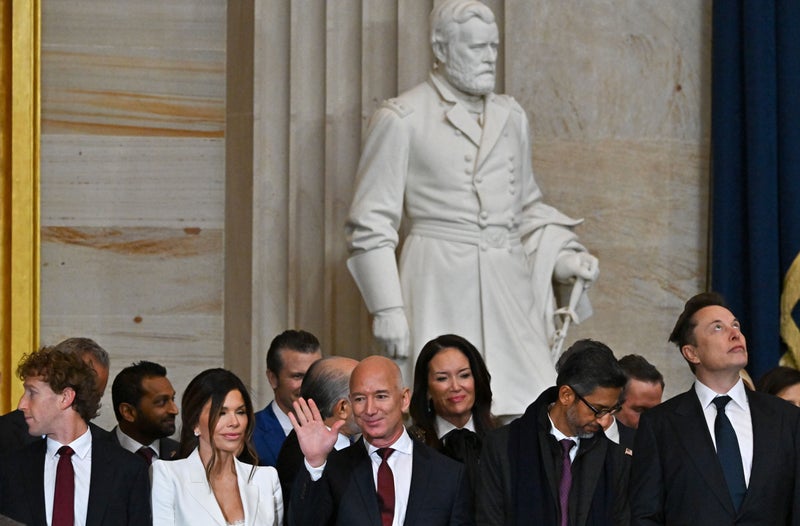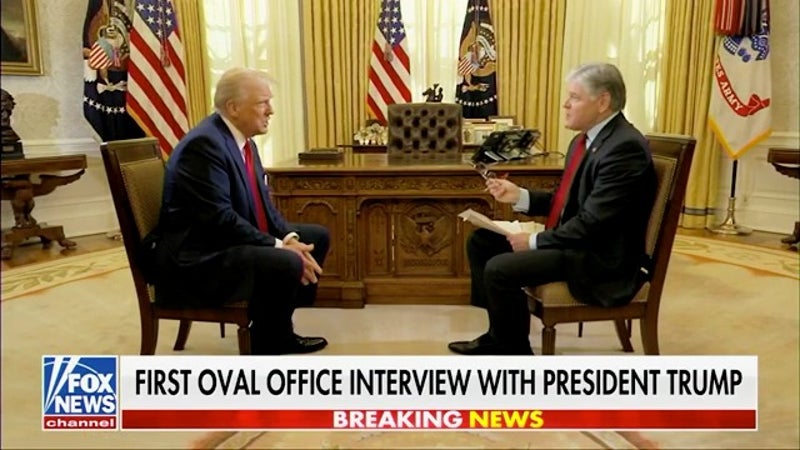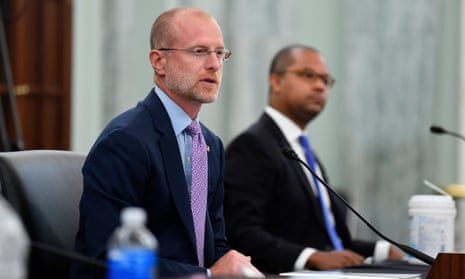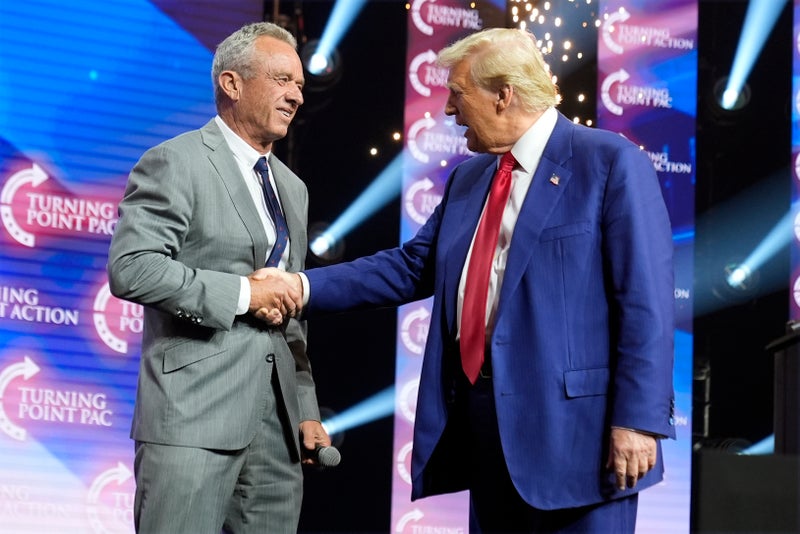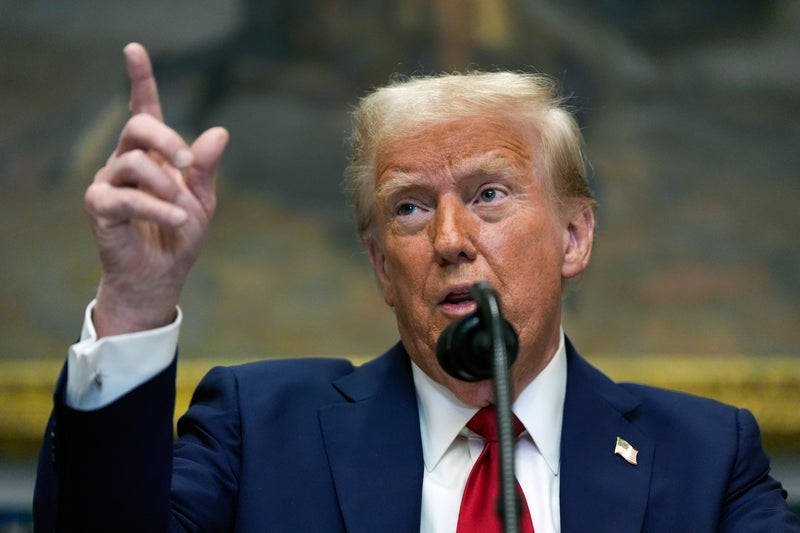Lina Khan’s legacy could prove to be fragile as Trump pick takes helm of FTC
Share:
Outgoing agency head was a determined antitrust enforcer during her tenure, but some detractors say she was a bully with unchecked power. Lina Khan was installed as the US’s top antitrust watchdog with a mandate to turn the page on an era of light-touch enforcement. According to her critics, Khan was a “bully” with “unchecked power”. But, by her reckoning, this new era brought “off the charts” success.
In Silicon Valley and beyond, industry leaders argue she went too far. Some officials inside the Federal Trade Commission (FTC) complained the agency was hamstrung by mismanagement. And now, as Khan prepares to step down, her successor has made no secret of his plan to break with her agenda.
Allies of Khan, who was appointed by Joe Biden to reset the federal government’s decades-old stance on competition and push back against monopolization, argue that such resistance and criticism were inevitable. Such an abrupt change in tack was bound to put noses out of joint.
Khan, who became FTC chair in 2021, first rose to prominence as a law student when, in early 2017, she published Amazon’s Antitrust Paradox – using the online retail giant’s dominance to argue the US had failed to police big business – in the Yale Law Journal.
Her task, after winning plaudits for her analysis, was to take tangible actions that challenged the status quo. Biden and others argued that too much power had been consolidated into the hands of too few companies in too many industries. Mission accomplished, according to her supporters, who point to breakthroughs including a sweeping overhaul of merger guidelines, designed to meet 21st-century competition concerns, and the revival of a decades-old law, the Robinson-Patman Act, which effectively banned suppliers from selling goods to larger companies at drastically lower rates than smaller, less powerful firms.



